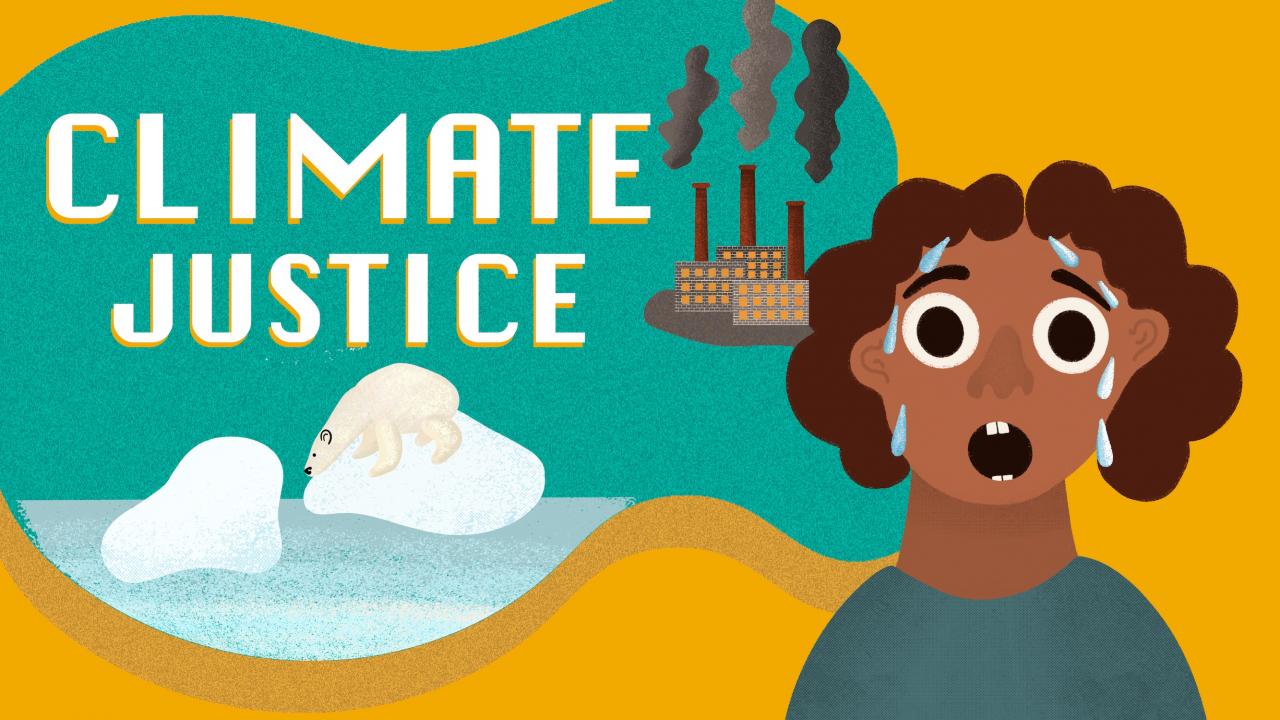A new YouTube miniseries, “Climate Justice,” created by UC Davis students, is available to watch on the Estudios Planeteando channel. The series consists of 10 videos about climate change from the perspective of social justice. Each video touches upon a different climate change topic ranging from wildfires and mudslides to coral reefs and the oil industry.
The series highlights the implications such issues have on society and whether some people are more affected than others due to unfair policies that have predominated over the years.
“As academics interested in climate and the environment, we need to realize that our research is not neutral and that injustices can arise if we don't take into account the social aspects of our research,” said Bernardo Bastien, a PhD candidate in Geography who is also the founder of Planeteando, a climate and environmental science communication project in Spanish. “We need to be politically active researchers. Social injustice will become deeper with climate change if we don't address these two issues together.”
Climate justice storytelling
The “Climate Justice” video series originated at the beginning of winter quarter 2020 when a group of undergraduate students--Evelyn Shu, Greta Gledhill, Malia Helms and Dylan Sollfrank-- approached Bastien, their former teacher assistant, to collaborate on the project. Along with Raiza Pilatowsky, another Geography PhD student and co-founder of Planeteando, the group designed the miniseries with funding from The Green Fund Initiative at UC Davis.
Bastien says the project’s goals were for the students to develop storytelling and audiovisual production skills, and to approach climate justice from perspectives that might resonate with other students.
“The original plan contemplated a writing retreat, promotion during Picnic Day, and a special screening event by the end of the quarter where we would project some videos and have discussions with more students. However, due to the COVID-19 pandemic and the multiple changes imposed in personal and professional lives, several changes had to be made,” said Bastien.
A call to action
Bastien says his favorite episode is the last one, titled What the f*%# can we do about the climate crisis?
“It is a call to action, which is what we really need to face the climate crisis,” he said.
The episode highlights how to not feel overwhelmed by the current climate crisis and showcases advice and suggestions on how to impact your local community to create “climate utopias” at home.
“Every step of the creative process of this series taught us something new,” Bastien said.”Researching, scriptwriting, and filming were very arduous processes, especially because we had to do it remotely. And there was a point in which climate justice felt a bit minimized because of the pandemic that we were immersed in during the creation of the series.
“But we also understood that this was all part of the same system of injustice. The pandemic could be just a preamble of all the damages that we are still on time to avoid.”
Watch the full miniseries at the YouTube Estudios Planeteando channel.
Media Resources
Hayley Morris is a News and Media Relations intern within UC Davis Strategic Communications.
